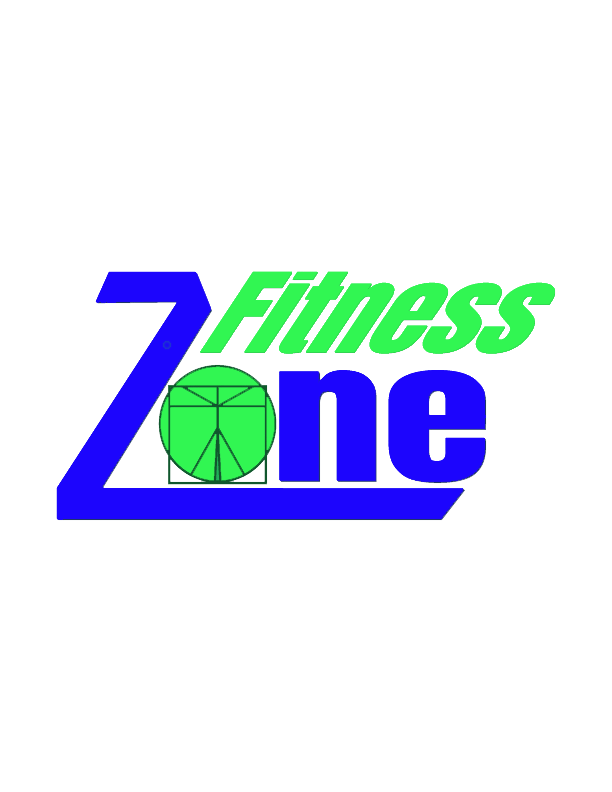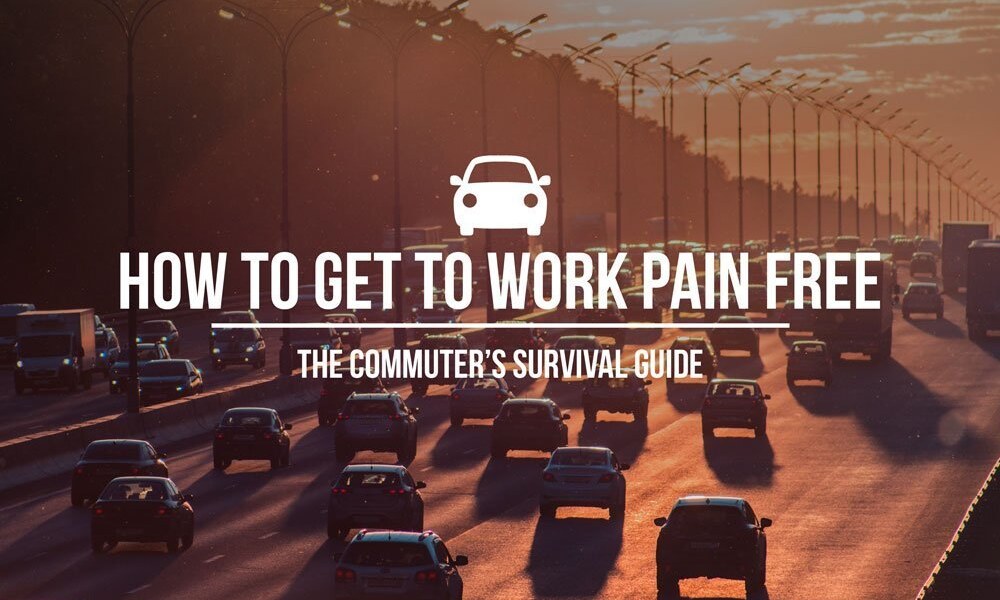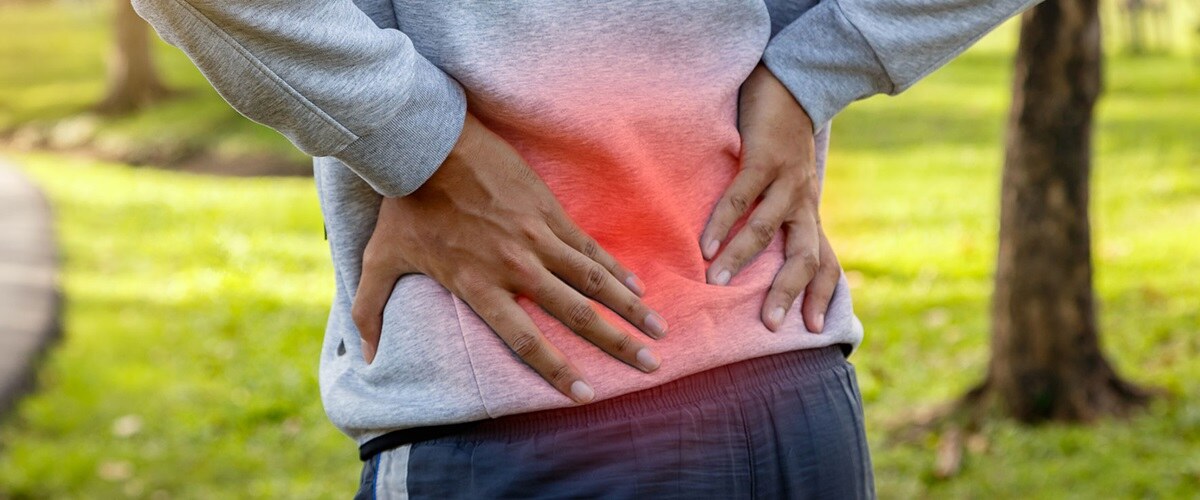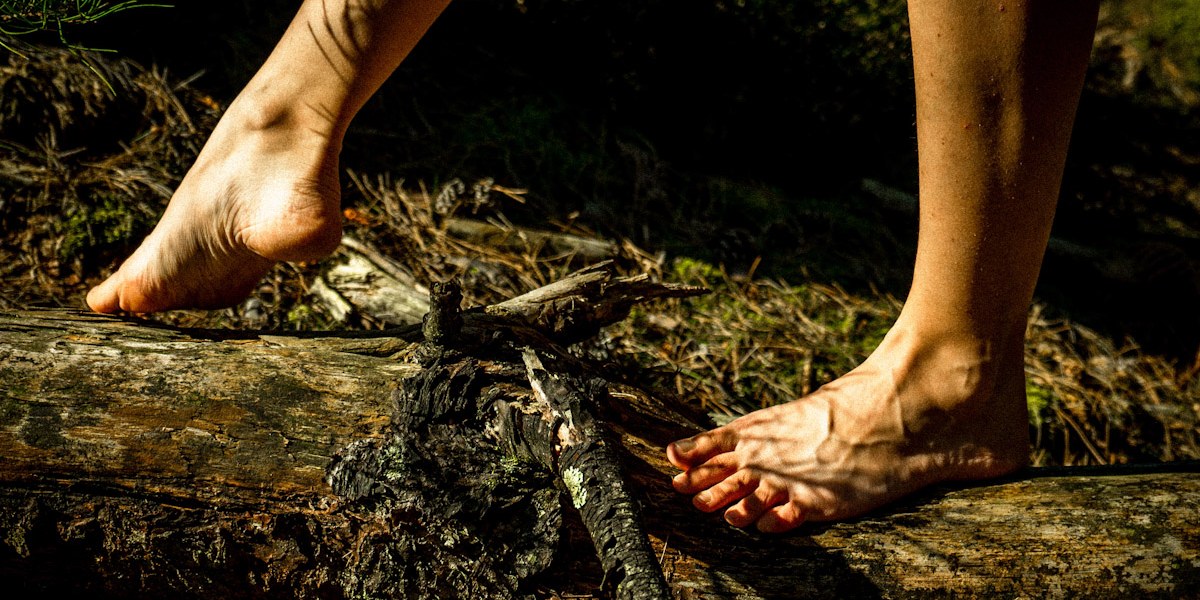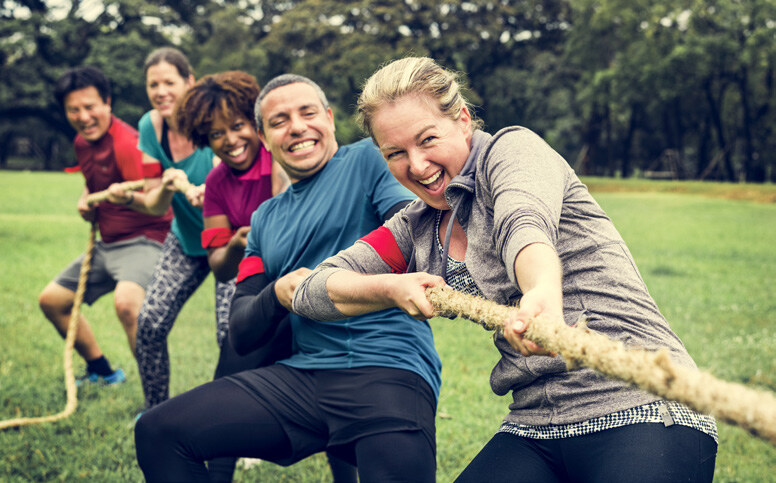How to Get to Work Pain-Free
Many of our patients that we see for neck pain, headaches, and low back pain experience increased pain after a long commute to work. Perhaps you can relate with this and feel stiff and sore before your day even begins due to your drive to the office.
Incorporating this commuter’s guide’s 4 exercises into your daily commute while at a stop light or even while sitting in traffic will make a huge difference in the way you feel before and after work. You will find yourself becoming more conscious of your posture throughout the day and feel a little less stressed during the commute.
SCAPULAR RETRACTION (Repeat 15 Times)
This exercise promotes better posture and positions your shoulders in their happy place during your commute.
- All you need to do for this exercise is pinch your shoulder blades together. Make sure not to shrug your shoulders as you do this.
CHIN TUCKS (Repeat 10 Times)
This exercise helps prevent neck pain and improve posture while commuting.
- This best way to do this exercise is to try to make a double chin while pushing the back of your head into your headrest.
ABDONMINAL BRACES (Hold 5 Sec, Repeat 5 Times)
- Start by making sure you are sitting up straight. The pull your belly button in while visualizing it touching the back of your seat.
- You want to make sure you breathe while pulling your belly button in. Do not hold your breath through this exercise.
Remember, exercise is medicine!
Why PT Should Be Your First Treatment for Lower Back Pain
If you, like millions of Americans, suffer from lower back pain, it’s likely your doctor has suggested getting an MRI or CAT scan to get to the root of the problem. But recent studies show that patients who start off with diagnostic treatment instead of heading straight to physical therapy may end up paying a lot more in the long run.
With an estimated 80 percent of workers experiencing lower back pain in their lifetimes, physicians have been searching for treatments that will eliminate back pain for good. But with the widespread opioid epidemic claiming lives across the country and recent data that questions the usefulness of diagnostic imaging, back surgery, and injections, it’s difficult to know where to turn for treatment. But one thing is clear: In most cases, physical therapy should be your first stop for recovery, and it’s usually all you’ll need for lasting relief. One 2015 study split patients into two groups: those who received an MRI or CAT scan within two weeks of their first visit for lower back pain and a control group that did not.
While both groups sought out different treatments after these initial tests, those who received an MRI or CAT scan were far more likely to choose surgery or injections down the road.
These invasive treatments are sometimes necessary, but in most uncomplicated cases of lower back pain, they’re complete overkill. Studies have shown that for most ordinary cases of persistent lower back pain, physical therapy is just as effective as surgery in the long run and less expensive. In the 2015 study mentioned previously, those tested with an MRI early in their treatment went on to spend an average of $4,793 more than those who went straight to physical therapy.
Of course, you should trust your doctors, but it’s clear that many physicians are overprescribing diagnostic imaging, surgery, and injections as they only path to recovery. Before you resort to more drastic measures, give the musculoskeletal experts at the Human Performance & Wellness Center a call at 843-663-3939 and take the first step to eliminating your pain without invasive, expensive treatments!
For more information on how we can help you please call us or visit our website. Thank you for reading, and remember: “Exercise is Medicine”
Earthing: Sleep Like You’re on Vacation
Have you ever fallen asleep on the beach after swimming in the ocean?
If you have, you know it’s the most restful and relaxing sleep imaginable. You might have thought it was just the result of warm sunlight and vacation vibes, but research suggests you may have been experiencing the effects of a practice called “earthing.”
Earthing, sometimes referred to as “grounding,” helps bring out bodies into a natural balance. The theory states that our bodies naturally develop a positive charge. As leading nutritionist Dr. John Briffa explains, “During the normal processes of metabolism, the body generates what are called ‘reactive oxygen species’, which are commonly referred to as ‘free radicals’ – Free radicals lack sparks of energy known as ‘electrons.’” When a molecule lacks electrons, it gives off a positive charge.
An unbalanced positive charge contributes to inflammation, which can then cause many chronic diseases, including heart disease. You should balance your natural positive charge with a negative charge. How can you safely expose yourself to a negative charge? Just let your skin touch the earth.
Earth gives off a mild electric charge, with plenty of electrons to balance out our overabundance of free radicals. There has yet to be a large-scale scientific study about the benefits of earthing, but current research is promising. One study published in The Journal of Alternative and Complementary Medicine found earthing helps reduce blood viscosity, which is a major factor in cardiovascular disease. Another study in the Journal of Inflammation Research showed that earthing might speed up healing. Firsthand accounts from individuals who practice earthing often report lower stress levels, increased energy, and better sleep.
Many people who practice earthing make it a point to walk outside barefoot on grass, soil, or sand at least once a day. You should be careful where you walk, as you don’t want to get cut on sharp rocks or broken glass. An alterative to walking barefoot is to use an earthing pad, which can imitate the negative charge of our planet inside your home.
Earthing is quickly gaining a following in the health community. If you are looking for a natural way to improve your overall health and sleep better, why not try taking a walk? Just remember to leave your shoes behind.
From exercises to specific drinks and foods, Dr. David shares his personalized tips that will help you control the damage that can occur after feasting during the holidays. Watch and read along with Dr. David as he explains each tip!
Don’t forget to leave us your comments and reviews about these 8 damage control tips.
More and more people are turning to healthy drinks as an alternative to healthy eating, and scientific findings are only encouraging the trend
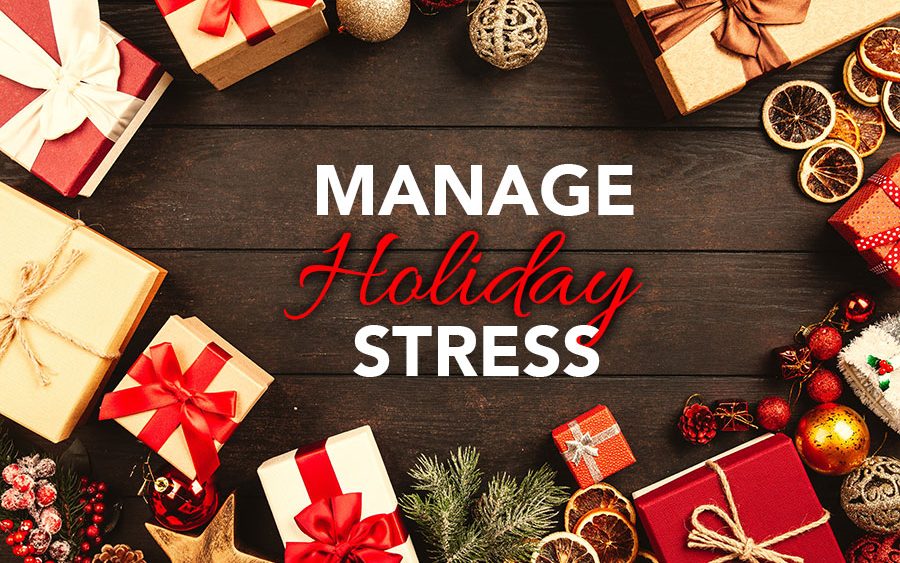
You have more control over stressful situations than you think because, stress management is about taking charge of your lifestyle, thoughts, emotions, and the way you deal with problems. No matter how stressful your life seems, there are steps you can take to regain control.
IDENTIFY SOURCES
Chronic stress is hard to recognize. Look closely at your habits and excuses. Do you explain it as temporary or, do you define it as an integral part of your life? Do you blame your it on others? If you don’t recognize your role in creating or maintaining it , you will never be able to control it.
FIND HEALTHY STRATEGIES
Withdrawing from loved ones, bingeing on food or alcohol, procrastinating, and sleeping too much are all unhealthy ways to deal with stress. Instead, find unique, healthy coping strategies. Focus on what makes you feel calm and in control.
AVOID, ALTER ADAPT, AND ACCEPT
Some stressors are predictable. Learn how to predetermine your reactions by choosing to avoid, alter, adapt, or accept. Avoid people or situations that stress you out. Talk about your feelings instead of bottling them up, create a balanced schedule, reframe your problem look at the big picture, and practice gratitude. It’s critical to look at the glass as half-full and learn to forgive.
MAKE TIME FOR RELAXATION
Nurturing yourself is a necessity, not a luxury. If you make ample time for self-care, you will be in a better place to handle life’s stressors. Give yourself options like going for a walk, calling a good friend, journaling, or reading a book.
LIVE A HEALTHY LIFESTYLE
There are healthy lifestyle choices that can increase your resistance to stress. Eat a healthy diet; reduce caffeine and sugar; avoid alcohol, cigarettes, and drugs; get enough sleep and exercise regularly.
Stress is unavoidable, but it doesn’t have to dictate your life. With management techniques, you can avoid chronic stress, reduce your stress levels, and live your life to the fullest.
The Fitness Zone, where Exercise is medicine
Cramming exercise into a single weekend isn’t ideal.
Consider these tips for staying safe.
A “weekend warrior” is someone who, due to the hectic nature of a typical workweek, opts to cram most of her or his exercise into weekend workouts, activities, games and/or competitions. Little River physical therapist David Haught will never fault anyone for exercising, but he added that weekend warriors need to be be particularly cautious as the sporadic nature of their workout schedule will put them at a greater risk of getting injured.
“Days of downtime followed by sudden bursts of activity over a day or two isn’t ideal,” said Haught, owner of The Human Performance & Wellness Center & The Fitness Zone in Little River. “By putting greater stress on the body over a shorter period of time, weekend warriors should be aware that they’re putting themselves at greater risk of acute injuries, such as strains, sprains or worse.”
“That’s because inactivity throughout the week can lead to a general deconditioning of the body that may include muscle tightness and imbalances, along with reduced endurance and cardiovascular fitness. A more consistent workout schedule can combat such deconditioning”, Haught says.
But if one truly does struggle to find time to achieve their expert-recommended 150 minutes of exercise each week without cramming them into just a couple of days, Haught offers the following tips for avoiding injury.
Space It Out – Rather than packing your weekly exercise minutes into two back-to-back days at the end of the week, consider spacing these days out. This can help you avoid some of the deconditioning effects mentioned above.
Warm Up, Cool Down – When the weekend arrives and it comes time to take the field, hit the trails or tee off for 18, always warm up first. Take 5 to 10 minutes for some light resistance and cardio exercises to get the blood flowing. And after you finish, cool down with some stretching. Also, be sure to drink plenty of water throughout.
Temper Your Intensity – When you’re packing your workouts into just a couple days a week, don’t overdo it. As you’re not exercising as consistently, stay on the safe side by pulling back slightly on your intensity.
Mix It Up – Try not to fill your weekends with the same activities. Mix it up, perhaps focusing on cardio one weekend and strength another –or a variation thereof. This helps ensure yourentire body remains balanced, reducing yourchances of injury.
Stay Active During the Week – Even if you can’t hit the gym during the week, don’t use that as an excuse to be sedentary. Capitalize on brief moments during the week to move around, stretch, and maybe even do some exercising. Take the stairs, stretch during your breaks, stand at your desk, walk during meetings or after work, and maybe even fit 10 minutes of at-home resistance training into your evenings.
Listen to Your Body – Always know your limits. And, if you feel aches and pains or suspect possible injury, stop exercising immediately and see a medical professional, such as a physical therapist. Don’t try to power through discomfort just so you can get through the weekend.
